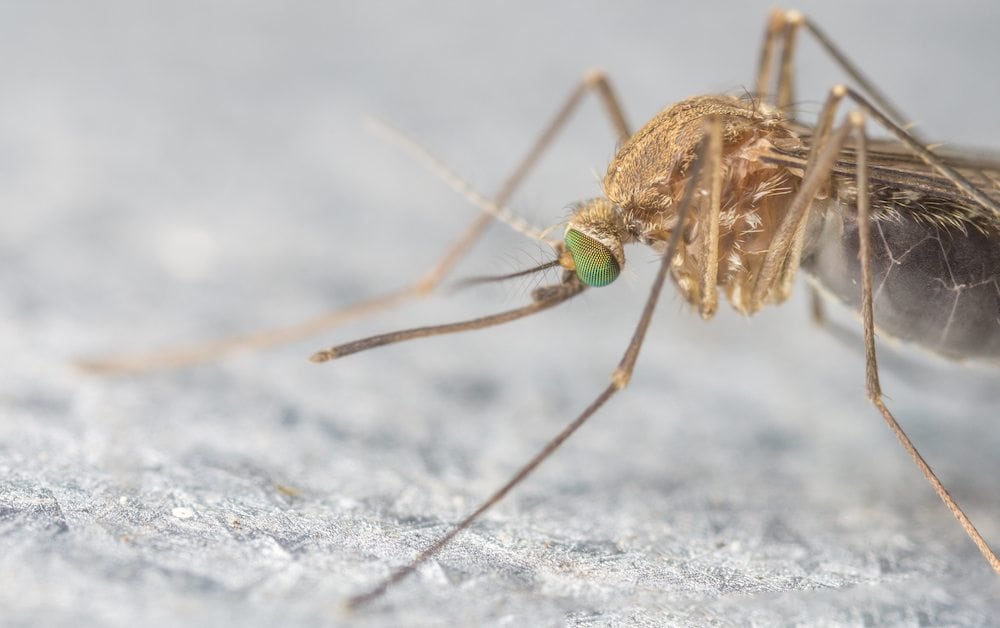The Centers for Disease Control and Prevention warned travelers Aug. 1 to avoid a small area north of downtown Miami where active Zika virus cases have been reported, the first time the CDC has advised people not to travel somewhere in the continental United States.
Four new cases of the Zika virus in Florida, the first contracted within the United States, were reported last week. Since then, 10 more people were reported to have been infected locally after being bitten by a mosquito.
Although more than 1,650 cases of Zika have been reported in the United States, these cases would be the first in the United States not related to foreign travel or sexual contact.
“This is not just a Florida issue,” says Florida Gov. Rick Scott, according to a report. “It’s a national issue. We just happen to be at the forefront.”
But experts caution that the Zika virus is not likely to become a national health crisis.
“There’s a historical precedent for dengue and dengue and chikungunya to suspect there will not be widespread outbreaks in the continental United States,” says Dr. Jack Ross, chief of infectious disease at Hartford Hospital. “Will we see this in Connecticut? We don’t think so, but things can change.”
Scientists are investigating whether Zika is carried locally by checking houses and people within 150 yards – the range of a mosquito – of the reported cases.
“The CDC, you will see,” says Ross, “is focusing on local control. Just like we address chikungunya. We are diligent with mosquito control and we work to contain the individual outbreak. That’s the process and it hasn’t changed.”
The Zika virus can cause fever, maculopapular rash, arthralgia and conjunctivitis, but the World Health Organization in February declared the virus a global public health emergency because of the risk to newborn children. The virus has been linked to microcephaly, a condition where a baby’s head is smaller than usual.
“There also can be severe neurocognitive disorders associated with it,” says Ross. “With congenital Zika, they’re finding more and more organs that can be involved.”
The spread of the Zika virus, oddly, might encourage young women to get the illness now before they become pregnant so they will have immunity. Should they?
“We think the answer is yes,” says Ross, “but there are lot of unknowns. We have seen Zika go through small villages, but once everyone gets it, it’s all done. They don’t seem to get it again.”
For information or a physician referral, please call 1.855.HHC.HERE (1.855.442.4373).

